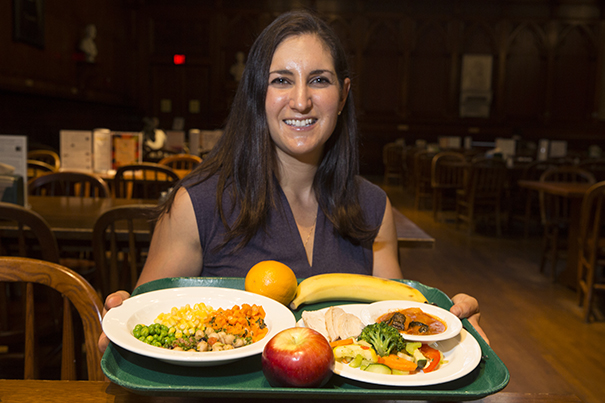Health
-
Lin Test
text with link. This is a quiz. Some text Name Name Quo modo autem philosophus loquitur? Tecum optime, deinde etiam cum mediocri amico. Invidiosum nomen est, infame, suspectum. Name Name…
-

Gender-affirming care is rare, study says
Fewer than 1 in 1,000 transgender youth receive hormones or puberty blockers

-

Nature offers novel approach to oral wound care
Slug’s sticky mucus inspiration behind adhesive hydrogel that can seal wounds in wet environment

-

Time for a rethink of colonoscopy guidelines?
Change informed by new findings would help specialists focus on those most at risk, researcher says

-

Should pharmacists be moral gatekeepers?
‘The problem is not opioids,’ says author of ‘Policing Patients’ — it’s overdose, pain
-

The deadly habit we can’t quite kick
Actions by tobacco companies worry researcher even amid ‘dramatic decrease’ in smoking among young Americans

-
When the doctor’s away
When fill-in physicians take over care in hospitals temporarily, mortality levels remain stable, a new study says.

-
For family, doctors, life and death were inseparable
Surgeons at MassGeneral Hospital for Children faced a wrenching decision in a procedure to separate twins conjoined at the abdomen and pelvis.
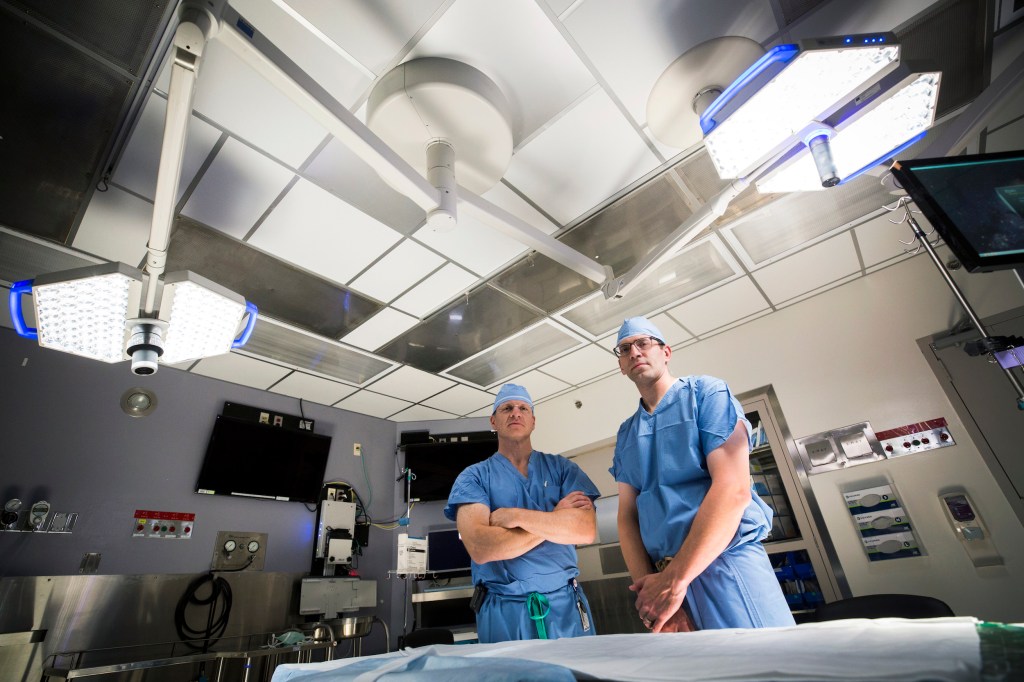
-
New clues to Alzheimer’s disease
McLean Hospital researchers have found energy dysfunction in the cells of late-onset Alzheimer’s patients, which may be a piece of the disease’s complex puzzle.
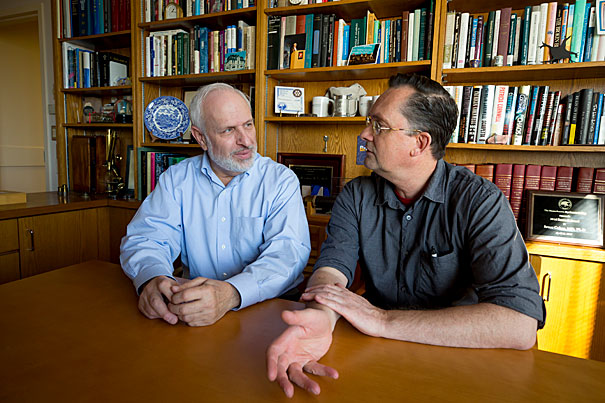
-
A passion for nature, in beetles
A collection of 150,000 beetle specimens, donated by businessman and longtime Harvard benefactor David Rockefeller, arrives at the Harvard’s Museum of Comparative Zoology.
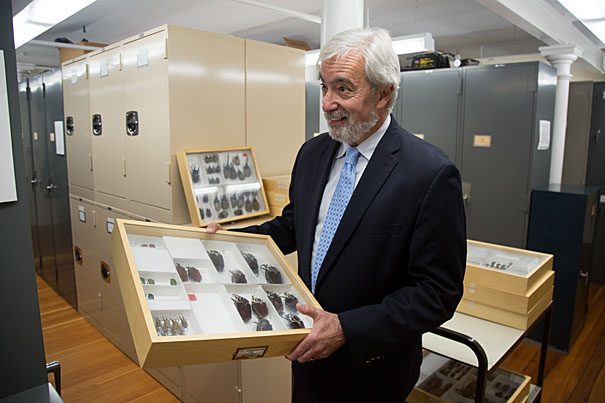
-
Alarming obesity projections for children in U.S.
If current trends continue, more than 57 percent of U.S. children will be obese at age 35, according to a new study from the Harvard Chan School.

-
Unraveling the brain’s secrets
Harvard scientists are among those who will receive more than $150 million in funding over the next five years through the National Institutes of Health’s Brain Research through Advancing Innovative Neurotechnologies (BRAIN) Initiative.
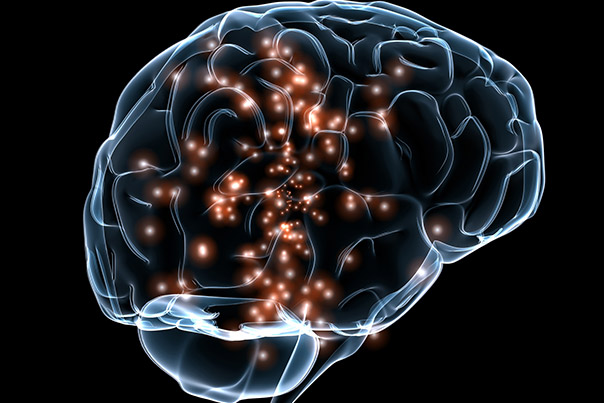
-
Study explores whole-body immunity
New research on the immune system suggests that the molecule interferon plays an important role in activating antiviral genes across many tissues, helping against infection.

-
Microbial menace
A new study has shown that — under certain conditions — gut microbes can consume enough of a key nutrient to cause a deficiency in their hosts.
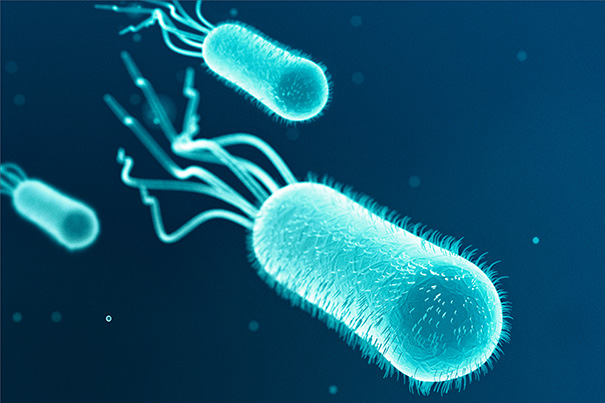
-
Hitting diabetes where we eat
Experts gathered at the Harvard Chan School to discuss recent developments in the fight against the country’s diabetes epidemic.

-
Launching a space mission from the deepest ocean
Scientists from Harvard and Woods Hole are collaborating on deep-sea technologies that could be a model for exploring oceans on the moons of Jupiter and Saturn.
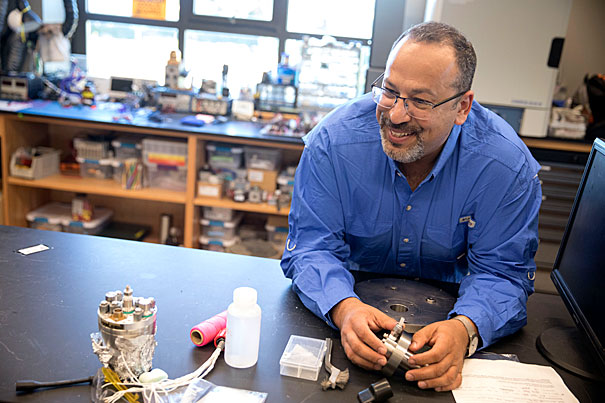
-
A ‘virtual dinner’ where the chefs are invisible
Harvard professors hosted a “virtual dinner” at the Harvard Ed Portal to explain the microbial processes involved in food production, preparation, and consumption.
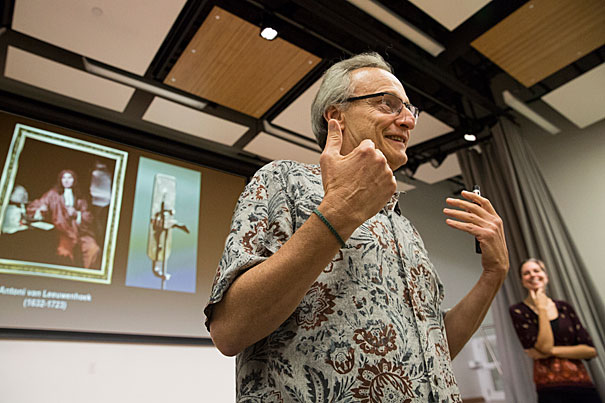
-
Life of the party
A festival at the Harvard Museum of Natural History will feature these photos capturing an “invisible” world in all its glory.

-
Greater health benefit from exercise than previously reported
A new study finds that physical activity has an even larger health benefit than thought in reducing the risk of death in women.

-
In pursuit of healthy aging
Manipulating mitochondrial networks inside cells may increase lifespan and promote health, according to a new study.
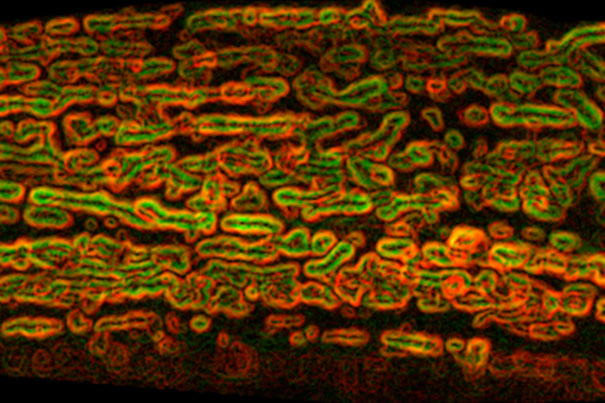
-
‘Best diet in America,’ but who knew?
The Harvard Chan School welcomed Lawrence Appel of Johns Hopkins to discuss his work testing the DASH diet.
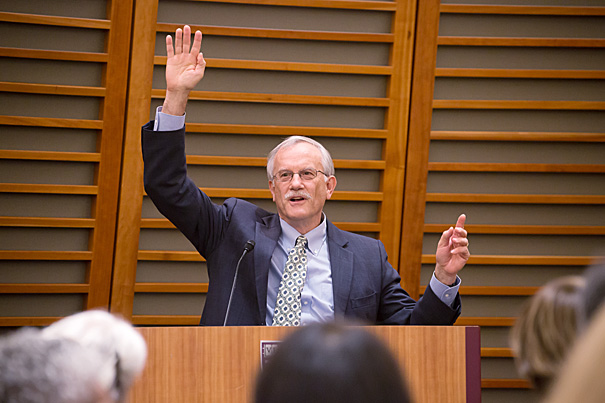
-
Understanding what plagues us
A Radcliffe Institute for Advanced Study symposium looked at epidemics and emerging ways to contain contagion, both biological and societal.
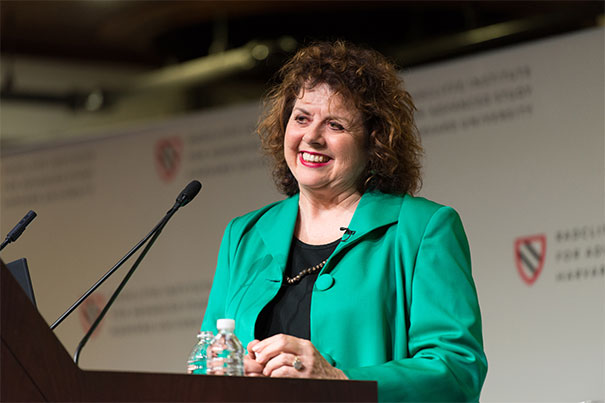
-
Invisible world comes to light
Harvard Museum of Natural History brings art and science together as two Harvard scientists capture the “invisible,” and stunningly beautiful, life force that is everywhere: microbes.
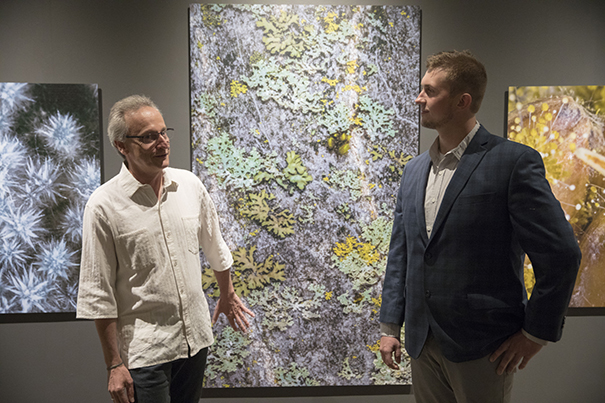
-
Bees, social and solitary
Harvard study reveals underlying genetic basis for halictid bee communication and social behavior.
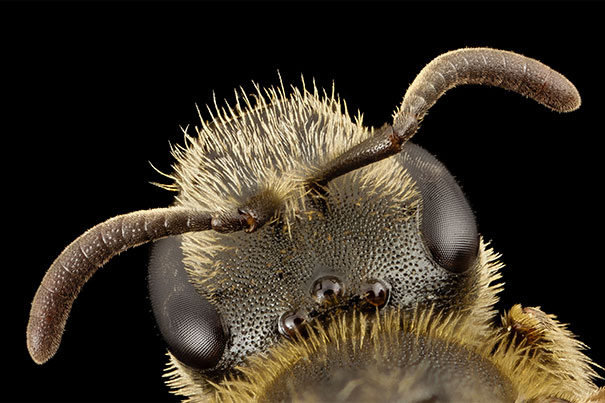
-
A step forward in DNA base editing
Scientists at Harvard University and the Broad Institute have developed a new class of DNA base editor that can repair the type of mutations that account for half of human disease-associated point mutations. These single-letter mutations are associated with disorders ranging from genetic blindness to sickle-cell anemia to metabolic disorders to cystic fibrosis.
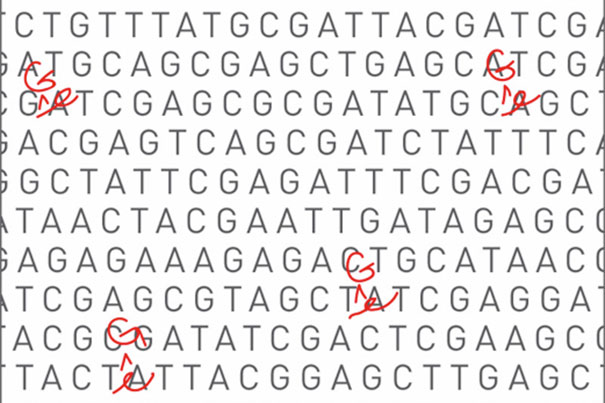
-
Heading off the post-antibiotic age
Antibiotic resistance has the potential to take millions of lives by 2050 if nothing is done to address the problem, Anthony Fauci, the head of the National Institutes of Health’s Institute of Allergy and Infectious Diseases, said at Harvard Business School.

-
Joanne Chang breaks down sugar
Flour Bakery owner Joanne Chang ’91 explained for 500 listeners the uses of sugar in a “Science and Cooking” lecture.
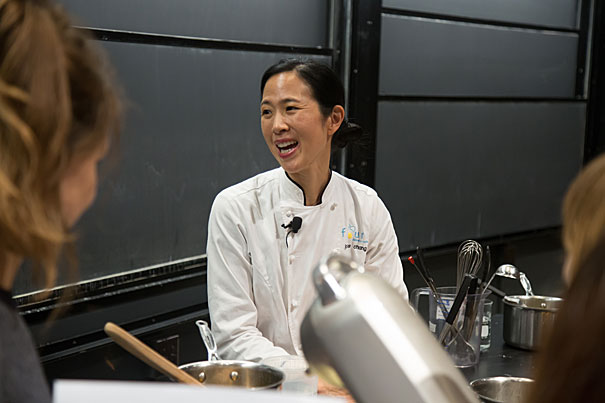
-
Checklists are boring, but death is worse
Systems aren’t sexy, but they save lives, says Harvard Medical School Professor and author Atul Gawande during HUBweek events in Boston.
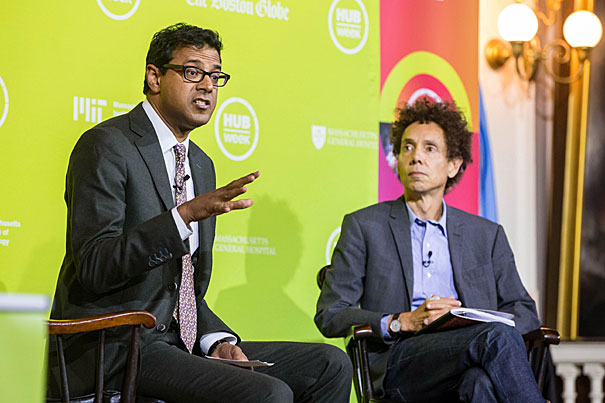
-
Gains in cancer treatment through eyes of a survivor
A Harvard-sponsored HUBweek panel discussed recent developments in cancer treatment, including advances in immuno-oncology.
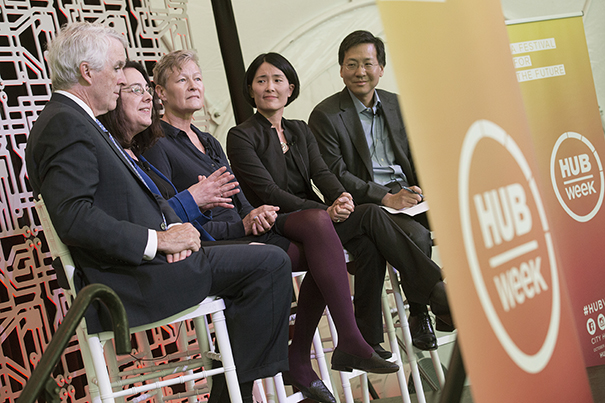
-
Research rebuts idea that epidurals prolong labor
A study by BIDMC has found that long-standing concerns on the effects of epidurals on the second stage of labor may be misguided and out of date.

-
A new era in the study of evolution
Harvard biologist Jonathan Losos talks about his new book, “Improbable Destinies: Fate, Chance, and the Future of Evolution.”
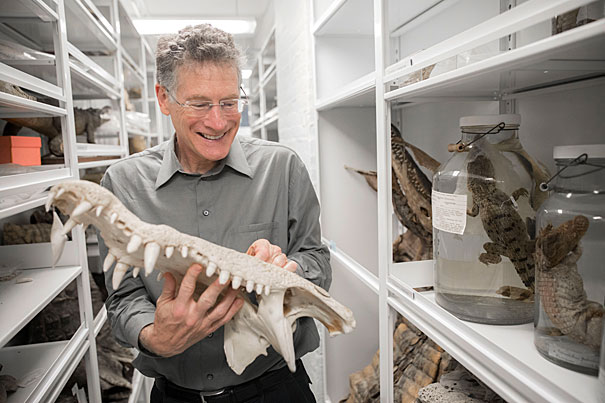
-
Another climate change concern: Forced migration
Experts trace the fingerprints of climate change in the world’s mass migration crises, saying that the effects of shifting norma appear to play a role.
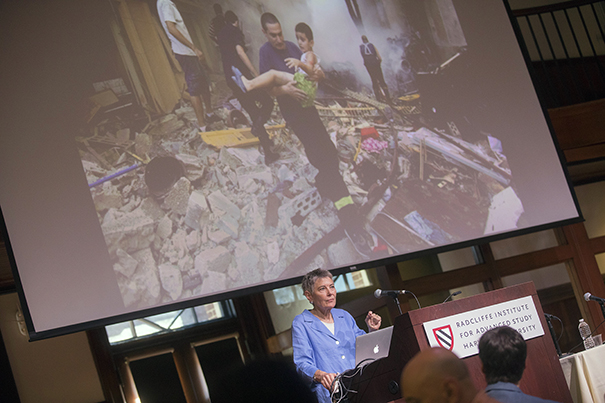
-
Feeling woozy? Time to check the tattoo
Harvard and MIT researchers have developed smart tattoo ink capable of monitoring health by changing color to tell an athlete if she is dehydrated or a diabetic if his blood sugar rises.
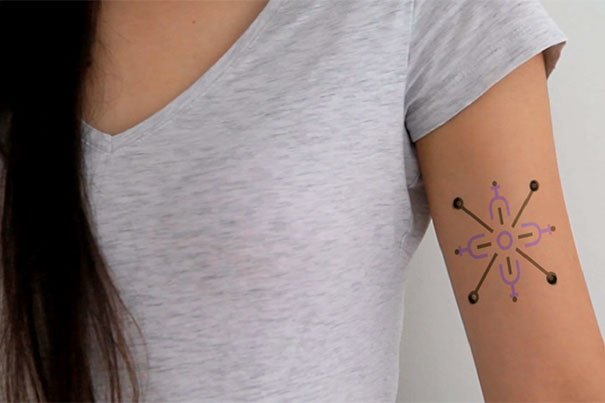
-
Calculator shows hidden costs of fatigued workforce
The new Fatigue Cost Calculator demonstrates the physical and financial tolls of sleep deficiency in the U.S.

-
Retracing Romer’s footsteps
A Harvard team finds a rare fossil in Nova Scotia while retracing the footsteps of Alfred Romer, the paleontologist who identified a gap in the record from the period when animals first crawled out of the ocean and began to walk on four legs.

-
A long way from PBJ
One of the biggest challenges facing school cafeterias is making healthier food taste better, a task that can be aided by collaborating with professional chefs, a Harvard nutrition expert said.
